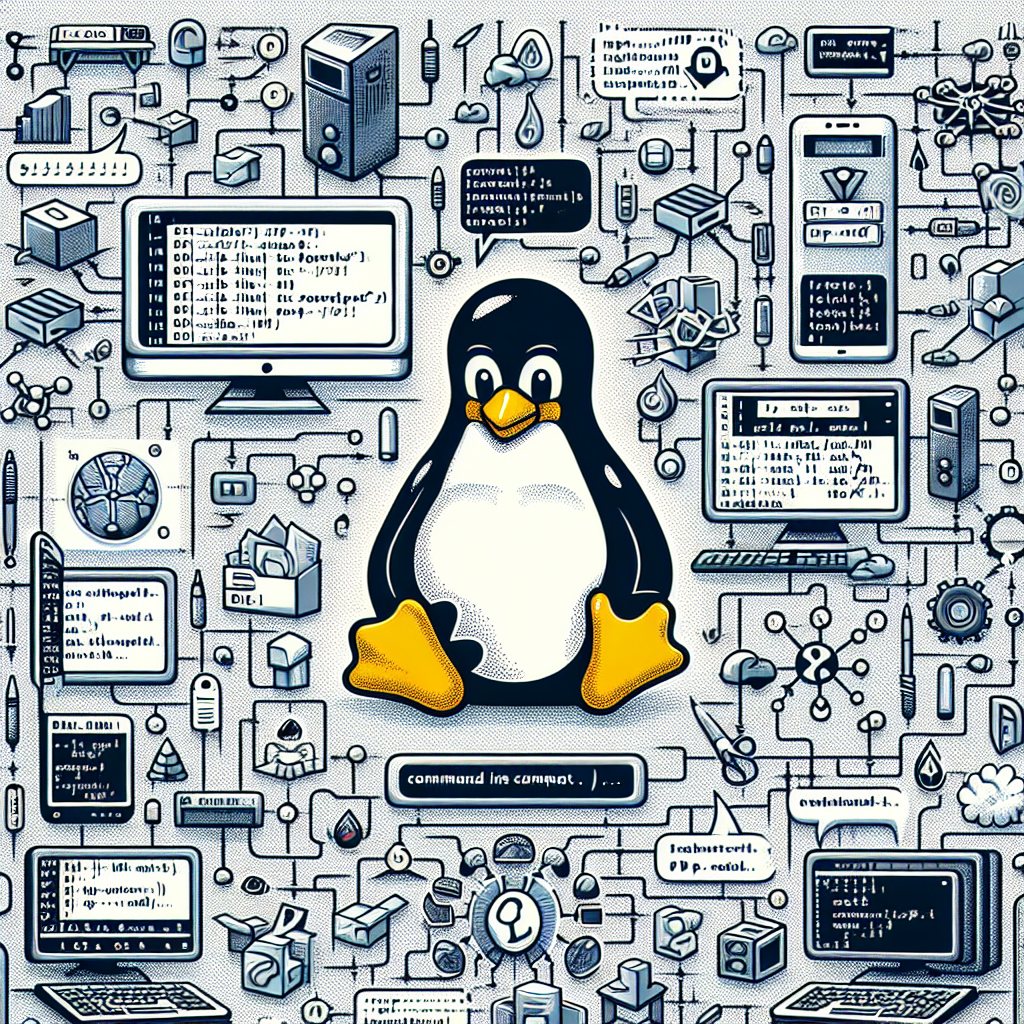iptables command not found - Almalinux

How to Install and Use iptables Command in AlmaLinux
Introduction
In the world of Linux system administration, one of the essential tools for managing network security is the iptables command. iptables is a powerful firewall utility that allows you to configure rules and filters for network traffic. By setting up rules with iptables, you can control incoming and outgoing traffic, block specific IP addresses, and protect your system from unauthorized access.
Installing iptables in AlmaLinux
To install iptables on AlmaLinux, you can use the following command:
sudo yum install iptables
After the installation is complete, you can verify the installation by checking the version of iptables:
iptables -V
Basic Usage of iptables
Listing Current Rules
To view the current iptables rules, you can use the following command:
sudo iptables -L
This command will display the existing rules for the filter table.
Adding a Rule
To add a new rule, you can use commands like iptables -A followed by the rule specifications. For example, to allow incoming traffic on port 80 (HTTP), you can use:
sudo iptables -A INPUT -p tcp --dport 80 -j ACCEPT
Saving Changes
To ensure that your iptables rules persist across reboots, you can save them by running:
sudo service iptables save
Conclusion
In conclusion, iptables is a versatile and powerful tool for managing network security on your AlmaLinux system. By understanding how to install and use iptables, you can enhance the security of your network and protect your system from potential threats.
The Importance of Open Source Software
Open source software, like iptables and many other tools in the Linux ecosystem, plays a crucial role in the technology industry. It promotes transparency, collaboration, and innovation by allowing users to access, modify, and distribute the source code freely. The open source community fosters creativity and empowers individuals and organizations to build secure, reliable, and cost-effective solutions. Embracing open source software not only benefits users but also contributes to the growth and advancement of technology as a whole.

